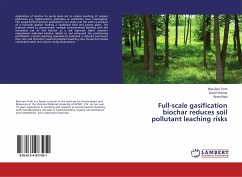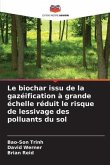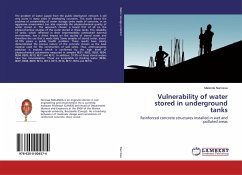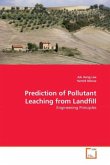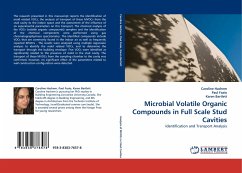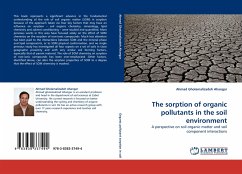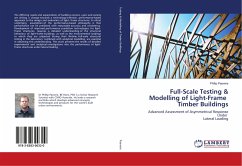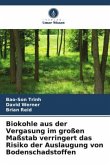Application of biochar to sandy loam soil to reduce leaching of organic pollutants e.g. hydrocarbons, pesticides or antibiotics were investigated. The wood-derived biochar evaluated in our study was the solid co-product of a full-scale gasifier feeding a combined heat and power plant. The research aimed to demonstrate multiple environmental benefits with the innovative use of this biochar as a soil improver. Batch sorption experiments indicated biochar added to soil enhanced the partitioning coefficients. Column leaching experiments indicated a reduced porewater flow rate and therefore reduced pollutant leaching risks. Numerical models interlinked batch and column study observations.
Bitte wählen Sie Ihr Anliegen aus.
Rechnungen
Retourenschein anfordern
Bestellstatus
Storno

